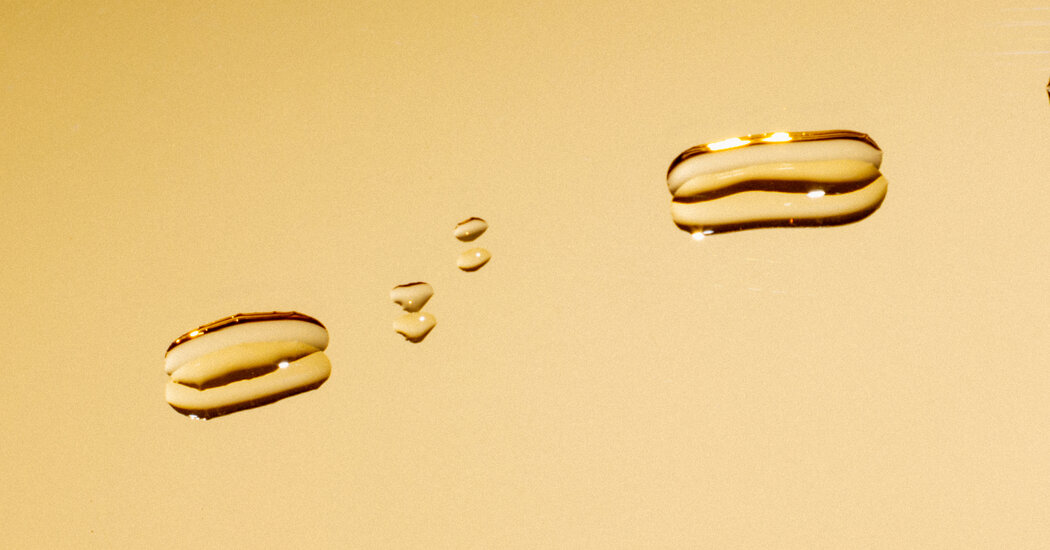Q: I’m going on vacation soon and am worried about leaks from urinary incontinence. What should I do?
Maybe it’s a small dribble after you cough or sneeze, or a larger leak triggered by a sudden urge to go.
Urinary incontinence, or the accidental loss of urine, is a common condition. It affects many more women than men and is more prevalent among older adults, though it can occur at any age, for various reasons, said Dr. Harry Johnson, a urogynecologist at the University of Maryland Medical Center in Baltimore.
If you’re feeling discouraged by the condition, know that there are many effective treatment options available, Dr. Johnson said. And there are helpful products for managing leaks on the go, too.
What causes urinary incontinence?
One of the most common types of urinary incontinence is called stress incontinence, which occurs when pressure (such as from coughing, sneezing, laughing, or jumping) is placed on the bladder, causing urine to leak, said Linda McLean, a physiotherapy professor at the University of Ottawa in Canada. Stress incontinence is usually caused by damage to either the muscles or supportive tissues along the urethra, or the valve between the bladder and the urethra, Dr. Johnson said.
Another common form is urge incontinence, which happens when you feel the need to urinate even when your bladder isn’t full, Dr. Johnson said. This is often a result of nerve injuries that affect the brain’s control over the bladder. With this type of incontinence, the urge can be so strong and sudden that hearing running water, washing your hands or even opening the door of your home can cause a spontaneous loss of urine.
